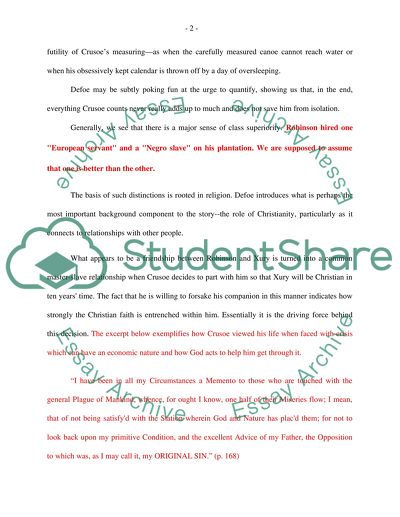Cite this document
(“Literature. Crusoe Essay Example | Topics and Well Written Essays - 2000 words”, n.d.)
Retrieved from https://studentshare.org/miscellaneous/1505162-literature-crusoe
Retrieved from https://studentshare.org/miscellaneous/1505162-literature-crusoe
(Literature. Crusoe Essay Example | Topics and Well Written Essays - 2000 Words)
https://studentshare.org/miscellaneous/1505162-literature-crusoe.
https://studentshare.org/miscellaneous/1505162-literature-crusoe.
“Literature. Crusoe Essay Example | Topics and Well Written Essays - 2000 Words”, n.d. https://studentshare.org/miscellaneous/1505162-literature-crusoe.


